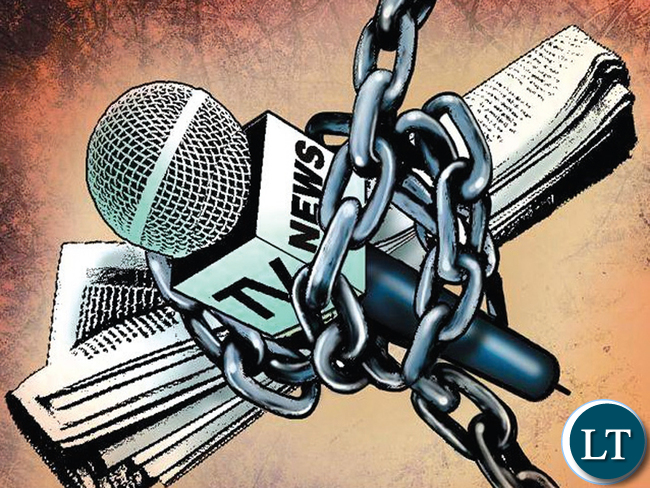
The basis of democracy is the participation of citizens in governance. There are several indispensable ways in which this participation occurs, such as during elections when citizens vote for leaders of their choice or when they offer themselves as candidates for leadership.
In between elections, citizens participate in governance through public debates, petitions, protests or dialogue with their leaders.
These modes of participation, among other democratic means, enable citizens to have a say in the decisions and actions of those they have elected to lead or represent them.
In this pursuit of truth, democratic societies have always depended on the media as an interrogator and ‘common carrier’ of information and debate (or free expression, speech and opinion as it were).
This is what makes the media so central to democracy. However, throughout history, the media has been a target of censorship and control from authorities and others wishing to circulate only information which serves their interests and limit media access only to those who agree with their views.
Thus, the need for media freedom arose out of the desire to allow the media to freely investigate and circulate information as well as facilitate debates and access to, and of, divergent views. In short, media freedom is firmly rooted in democracy and is, therefore, an issue of public interest. (AGENCIES)
SIMBAYABLOG
WISH YOU A MERRY CHRISTMAS
AND PROSPEROUS 2017




No comments:
Post a Comment